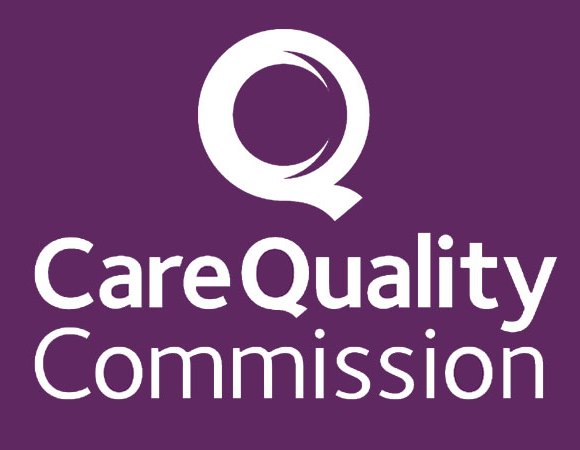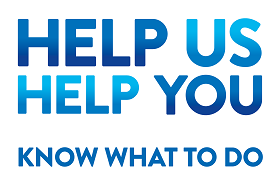Three quarters of people in the North West ready to help improve health and social care after coronavirus
Wednesday, July 8, 2020

New research from the Care Quality Commission (CQC) and Healthwatch England shows that 74% of people in the north west say they are more likely to take steps to improve health and social care services since the outbreak of coronavirus (COVID-19).
In response to these findings, today the two organisations have joined forces with other health and care partners to launch “Because We All Care”, a new campaign calling on all people who access services to help shape future health and social care.
According to the research, 65% of people in the north west said they would be more willing since COVID-19 to support NHS and social care services by actively providing feedback on their care. Overall, the polling also suggests that 39% of people in the north west are now more likely to donate or fundraise for a relevant health cause.
31% of people in the north west reported to have avoided services due to COVID-19 - below the national average of 71%. A further 73% reported noticeable changes to the standard of care resulting from the pandemic. However, the results also show that since the outbreak, 44% of people in the north west are particularly more grateful for GP services.
Kate Terroni, CQC’s chief inspector of adult social care, said:
“People working in health and social care have been going to extraordinary lengths to deliver good, safe care during this global crisis. They have never had a more crucial – or a more challenging – role to play.
“This research clearly shows the public’s appreciation for the care and support they and their loved ones have received and it’s inspiring that people are now looking for ways to channel this into practical action.
“Now more than ever, every voice really does matter. It’s only by hearing what’s working and what’s not, that health and social care providers can improve the quality of care and support that they are delivering."
Sir Robert Francis QC, Healthwatch England’s chair, said:
"These findings are good news. As the UK looks to the future after COVID-19, it's never been more important for people to share their experiences of care.
“Services won’t bounce back overnight. There'll be problems to tackle but also opportunities to make care better.
“You can help doctors, nurses and care workers find ways to improve support by sharing your experience.”
The research conducted following the start of the COVID-19 crisis has revealed a fascinating snapshot of how people in the north west view feedback on care:
- 82% of people surveyed said that feedback is an important way to improve services, yet despite greater public willingness to contribute, some barriers do remain.
- While 55% of people are more likely to provide positive feedback on care, in comparison to 61% of people in the capital city, yet 18% of the local population also now consider themselves even less likely to provide negative feedback on care.
- 39% of people in the region said they would be reluctant to provide negative feedback in case it increases pressure on services or staff
“Every piece of information is valuable for those delivering health and social care services, so it’s vital that people don’t hold back from giving feedback - whether it’s big or small, good or bad. It takes only a few moments, but it could make a real difference to the care that you, your loved ones and your community receives”, adds Sir Robert Francis.
The new campaign, which will run extensively on social media, aims to help services identify and address quality issues and support local patients by encouraging people to share feedback on individual experiences of health and social care services.
People can give feedback on their experiences of care, or those of someone they care for, on the CQC website (www.cqc.org.uk/give-feedback-on-care) or through their local Healthwatch (www.healthwatch.co.uk/your-local-healthwatch/list). Read more about how to get involved here.
Healthwatch can also provide people with advice and information to access support.





